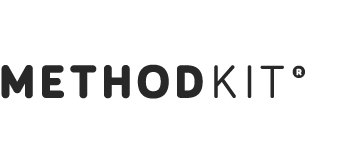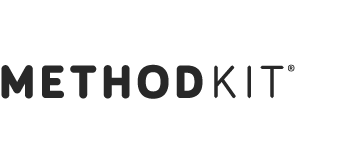WORKSHOP DESIGN
The Facilitator
As the facilitator, you lead and help people through the workshop. Unlike a teacher, your role is not necessarily to teach, but rather to create a frame for other people to use. You are their tool to help them shine.
Five important characteristics
1. Observe & actively listen
2. Structured, yet flexible
3. Sense the space & peoples’ energy levels
4. Clear & pedagogical
5. Set a frame
Roles as a facilitator & workshop designer
Below are roles involved in planning and running workshops. Some facilitators do it all (by themselves). Some have big teams where people become specialists in one or a few things.
Preparation
Designing learning experiences. Especially letting the workshop be a part of a larger whole as a course or program.
Organizing the whole event.
Creating new or modifying old exercises to fit the workshop.
Designing event logotype, posters, roll-ups and signs.
This could be cards, canvases and artefacts used in the workshop.
Just before the workshop
Setting up and connecting screens, projectors, computers & light.
Get microphones, speakers & sound system to work together.
Welcoming participants, taking care of VIP guests and making people feel comfortable.
In the workshop
Explaning facts, happenings and patterns.
Telling appealing stories.
Give participants clear instructions how to do the exercise(s).
Entertain the participants
Keep and manage time.
Help people think and reflect.
Summarize what happened in the session and draw conclusions from that.
Get the participants excited and hyped up.
Draw and summarize discussions.
Help everyone get a say and distribute the word.
Introduce and lecture about topics, theory and projects.
Help people get forward, give feedback and ask questions that help them get forward.
After the workshop
Helping people to focus on their task by taking care of coffee cups and trash.
Summarizing and processing what happened during the workshop.
Seeing patterns in what came out and how things could go forward.
On a few occations
Help people go deeper in reflection.
Navigate & handle conflicts between participants or groups in the workshop.
Asking challenging and thought provoking questions.
Electricity disappeared. “No worries folks, we continue as we did.”
Re-design the workshop when the workshop is happening.
Becoming a good facilitator
There are no exact paths for how to become a good facilitator. For you to be authentic you need to find a good match between your personality and how you lead and facilitate others. Most facilitators have one or a few secret weapons. Like humor, storytelling and/or listening. Some facilitators find it easier to get people excited, some are good with getting people to reflect and think. You will have individual challenges depending on who you are.
Establishing credibility & building trust
According to research building credibility is important for participants to not zone out.


